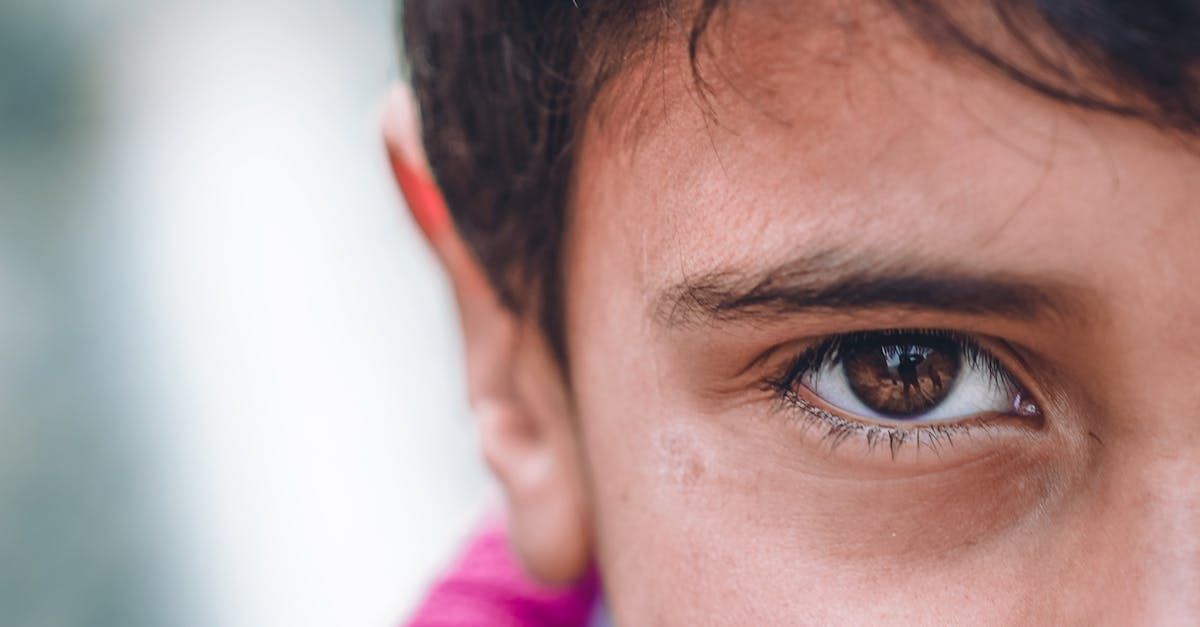Few families understand how sensitivity affects their family

If you or your child are highly sensitive, you may be suffering in ways you don’t currently understand. Sensitivity can affect our day-to-day ability to be effective as a parent, as well as harm our longterm relationship with our child.
As a coach for sensitive families, I see a lot of unnecessary pain and suffering in families where the affects of sensitivity are not fully appreciated or understood.
First, let’s start with a quick definition. “High sensitivity” is a normal temperament in 15-20% of the population. It refers to a nervous system with increased sensitivity to physical, emotional and social stimuli.
This temperament changes parenting and the parent-child dynamic, but I believe most sensitive families are not aware of how these dynamics play out. I believe this lack of understanding can cause pain and suffering, and that increased understanding could help. I also believe that this has intergenerational effects, in that much of our relationship patterns are learned in childhood and passed down to our children.
Here are 4 of the primary challenges I see in sensitive families, and I would love to hear how many resonate for you and your family.
1.) Sensitive parents over-empathize with our kid’s emotions.
Why is this a challenge?
When we feel “responsible” for our child’s upset, it can make it harder to set limits peacefully. We may find it hard to say no, or to remain firm when our child is upset. Or we try to be overly-flexible, letting things go, but then eventually explode. If we identify strongly with our child’s feelings excessively, it makes it harder to be a “sturdy leader.” This may create role-confusion where we expect our child to enforce their own boundaries, and then get frustrated when it doesn’t happen.
2.) Sensitive parents read rejection into our kid’s behaviors/words.
Why is this a challenge?
In the heat of the moment, your sensitive child—who feels big feelings intensely—feels TERRIBLE. In a (misguided) attempt to communicate those feelings so you understand them, THEY DO AND SAY TERRIBLE THINGS. This is their “best attempt” to communicate the suffering they feel in the moment. They want to be seen and understood. Sensitive parents are more sensitive to any evidence of rejection—even from our children. We may take the things our child did and said as objective truths, as opposed to our child’s fear. Feeling rejected by our child makes forgiveness and repair after conflict harder. If we hold onto the feelings of rejection, over time our relationship with our child will become distant and suffer.
3.) Sensitive parents read criticism into our kid’s behavior/words.
Why is this a challenge?
Upset kids (and adults!) do and say impulsive, hurtful things. If we internalize that as the truth about our parenting, we are doomed to self-criticism. You are not a bad parent because you something say things you regret. Your child is not a bad child because they sometimes say things they regret. Believing that we are doing a bad job as parents is one of the biggest challenges to having a great relationship with our child. Self-criticism makes it much less likely we will be able to reconnect and repair after a relationship breach.
4.) Sensitive kids “hate being told what to do.”
Why is this a challenge?
Pretty close to 100% of sensitive kids hate being told what to do. It’s possible there are exceptions, but if your sensitive kid doesn’t mind being told what to do, I’d love to hear from you, because this is incredibly rare! In terms of strengths, this quality reflects a strong internal moral compass and a strong desire for autonomy and independence. This helps sensitive kids in the real world because they are more likely to resist peer pressure, stay internally-motivated, and have a strong sense of wrong and right and justice. On the negative side, it can make parenting more challenging!!
Sensitive kids are less likely to do anything simply because an authority figure (us) tells them. In fact, they are more likely to dig their heels in if they feel like we are trying to control them. They are much more likely to cooperate when we can appeal to their own internal moral compass, or help them see how they can make our lives more wonderful by cooperating.
*******
If these challenges resonate for you, I’d love to hear more about the challenges you see and what you are trying to fix them. You can email me at: drcearadeno@gmail.com.
If you want help fixing these challenges, simply schedule a time to chat by clicking on the scheduling link, and if we are a fit to work together, we will. Schedule a call here: https://calendly.com/ceara-mcniff/free-parent-coaching-call-build-self-love-and-compassion










